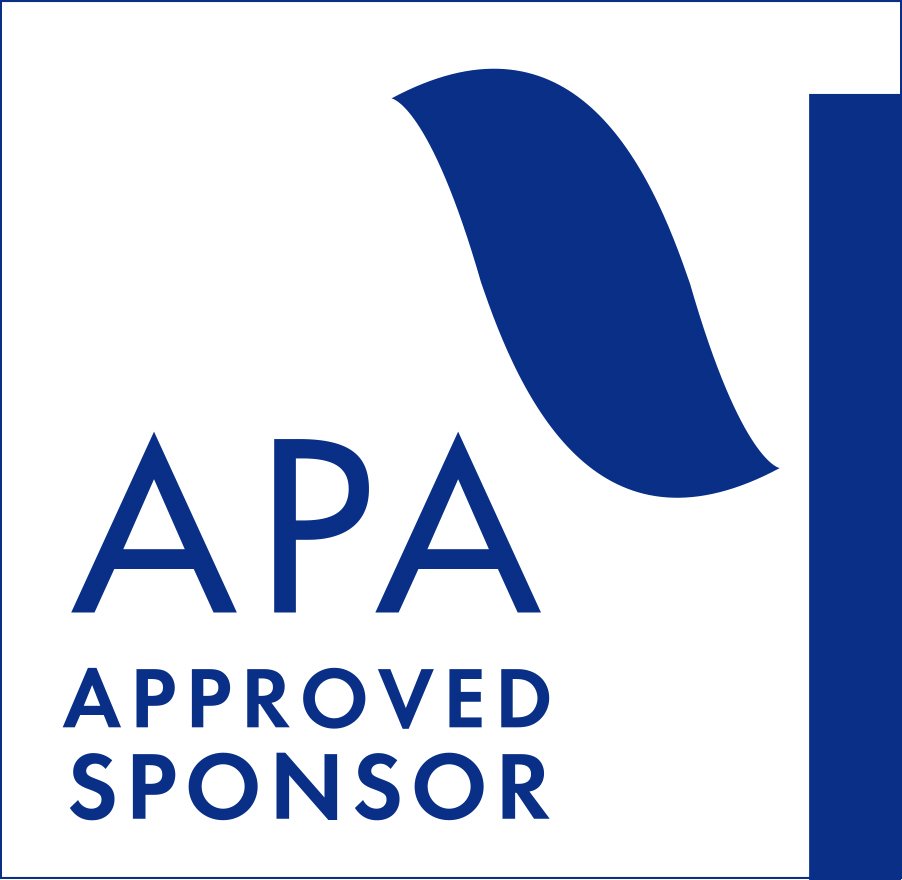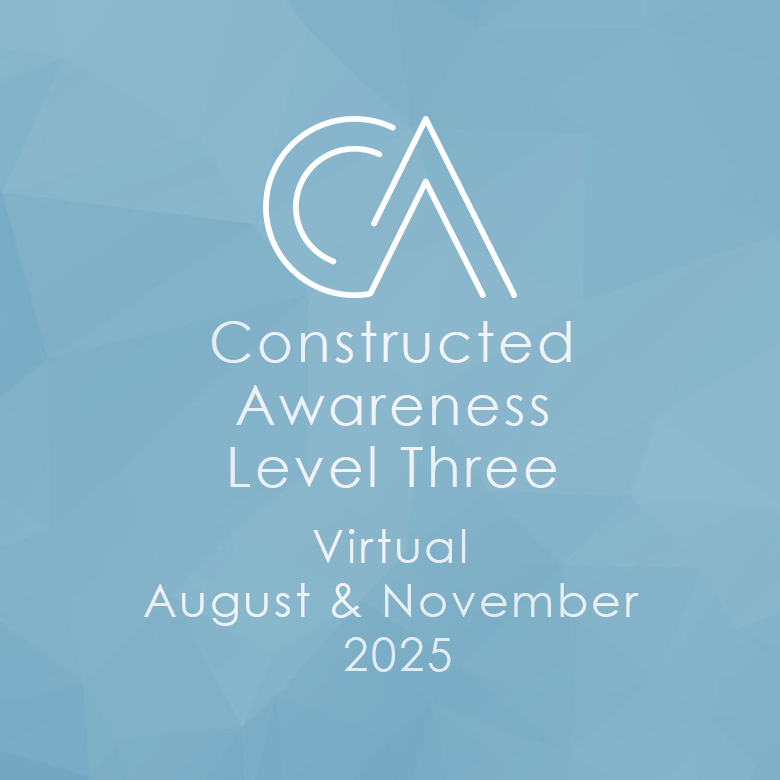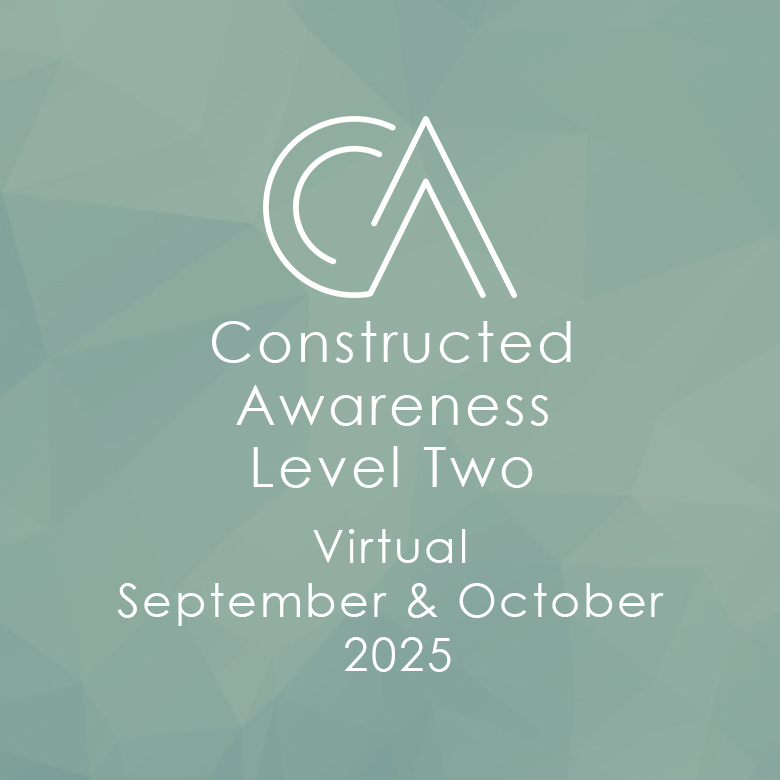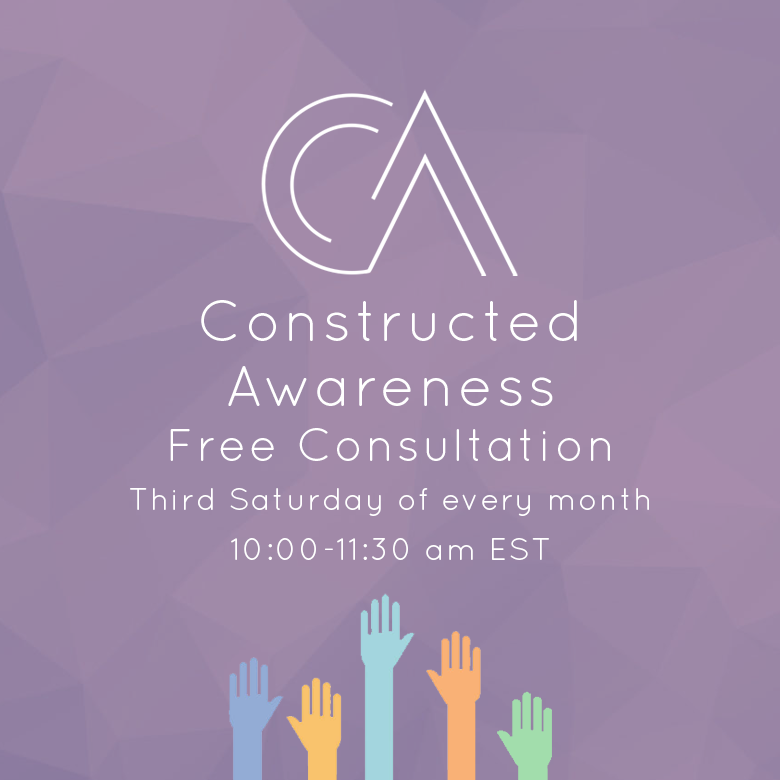
CA Level One
Resourcing Trauma Through Deeper Awareness
Constructed Awareness level one relies on three simple principles to improve history taking and resourcing. Using concepts such as nonviolence, nonduality, and mindfulness, you will learn an effortless, intuitive approach to therapy that uses awareness as the primary tool to bring about change, rather than willpower. The skills learned in level one will also prepare clients to process trauma and attachment wounds using the methods taught in CA level two or any other process-oriented approach. The CA principles are:
Bringing awareness to the client’s experience changes their experience. If you’re like most, you were brought up with the belief that hard work is the answer to getting what you want. Though this is true for many task-oriented achievements, willpower alone doesn’t work to regulate emotional experiences, despite the fact that many of the more popular approaches to therapy are rooted in this very notion. Inner peace isn’t earned through willpower; rather, it's discovered simply by teaching the client how to observe their inner experience. Observation alone has the power to bring about the change clients are looking for.
The human experience is made up of three building blocks: thoughts, sensations, and external senses. Constructed Awareness teaches a unique practice of bringing mindful awareness to the client’s own experience—an experience that is constructed by thoughts, sensations, and external senses. In the training, we will look at how thoughts, sensation, and external senses make up the entire human experience, especially in regard to how they construct the client’s emotional experiences and interpretations of self, others, and the world. Expanding awareness of how these three building blocks construct the client’s experiences can transform how they regulate and respond emotionally and relationally.
Most people naturally orient their awareness more strongly to one of the three building blocks. By this we mean some people spend more time in their minds analyzing, fantasizing, or planning. Whereas other people direct more attention to sensations and what they feel in their bodies. And some people focus more on what’s happening around them in their external environment. The Constructed Awareness level one training teaches both structured and informal techniques for determining how the client’s awareness is oriented. A typology of six personality styles will be taught to help the client understand their personality and character traits based on their orientation style. The training will also cover how to determine which resources would be more useful to deepen self-awareness and the ability to self-regulate based on the client’s specific needs.
Target Audience
This training is appropriate for all levels of training and is considered a beginning level training. To attend, you must be a licensed mental health therapist (psychologists, psychoanalysts, psychiatrists, social workers, MFTs, or mental health counselors) pursuing a license, a practicum-level graduate student, or a mental health professional seeking continuing education credits. If you are uncertain whether you meet these requirements, please contact info@constructedawareness.com.
CE Information
CUE Management Solutions, LLC will award 30 CEs to participants who attend all 30 hours. No partial credit will be awarded. An evaluation will be emailed to attendees at the end of the event and CE certificates will be issued thereafter.
CUE Management Solutions, LLC is approved by the American Psychological Association to sponsor continuing education for psychologists. CUE Management Solutions, LLC maintains responsibility for this program and its content.
CUE Management Solutions, LLC is recognized by the New York State Education Department’s State Board for Psychology as an approved provider of continuing education for licensed psychologists #PSY-0242.
Upcoming Trainings

Learning Objectives
At the completion of the program, participants will be able to:
Define a self-regulating resource and a self-awareness resource
Explain three examples of how direct awareness changes a client’s experience
Define the three building blocks of the client’s conscious experience—thought, sensation, and external senses
Use the Emotion Tracker Worksheet to differentiate the three building blocks—thoughts, sensations, and external senses
Use the Constructed Awareness Questionnaire (CAQ)
Identify 10 words that offer clues to how the client’s system is oriented
Differentiate the six orientation styles of the CA typology
Describe how emotions are cultural constructions
Utilize three techniques for bringing direct awareness to each of the three building blocks of the conscious experience—thought, sensation, and external senses
Identify three self-awareness resources
Identify 10 words that indicate the client may be thinking about what they are feeling rather than directly connecting with sensation
Apply one self-awareness resource when working with the sense of sound
Utilize one self-awareness resource when working with the sense of sight
Utilize one self-awareness resource when working with sensations
Practice one method of bringing spontaneous awareness to the client’s experience
Present a thought as a word, as a sound, and as a picture.
Apply one self-awareness resource when working with thoughts
Utilize five relational resources
Apply one boundary resource
Agenda
Session 1: The Basic Principles of Constructed Awareness
9:00 – 9:45 Welcome, Introduction, and Awareness Exercise
9:45 – 10:00 What Is Constructed Awareness?
10:00 – 10:45 A Nonviolent and Nondual Approach to Therapy
10:45 – 11:00 The Transformative Power of Awareness
11:00 – 11:15 Break
11:15 – 11:30 Theory of Constructed Emotion
11:30 – 12:00 What Is an Emotion?
12:00 – 12:30 Are Emotions Real?
12:30 – 12:45 Cultural Construction of Emotions
12:45 – 1:00 Emotion Tracker
1:00 – 2:00 Lunch
2:00 – 2:30 Awareness Exercise and Group Discussion
2:30 – 3:30 The Constructed Awareness Questionnaire (CAQ-T & CAQ-S)
3:30 – 3:45 Break
3:45 – 5:15 Practicum
5:15 – 5:30 Identifying Resources for Each Orientation Style
5:30 – 6:00 Group Discussion
Session 2: Awareness of the Internal and External Senses
9:00 – 10:00 Group Discussion and Awareness Exercise
10:00 – 11:30 Awareness of Senses
11:30 – 11:45 Break
11:45 – 12:15 Talking with Your Hands
12:15 – 1:00 Expanding Awareness of Sensation
1:00 – 2:00 Lunch
2:00 – 2:30 Awareness Exercise and Group Discussion
2:30 – 3:15 Tuning Senses and Sensation
3:15 – 3:30 Break
3:30 – 5:30 Practicum
5:30 – 6:00 Group Discussion
Session 3: Awareness of Thoughts
9:00 – 10:00 Group Discussion and Awareness Exercise
10:00 – 11:15 Review of CAQ and Emotion Tracker
11:15 – 11:30 Break
11:30 – 1:00 What is a Thought?
1:00 – 2:00 Lunch
2:00 – 2:30 The Interpreter
2:30 – 3:00 Group Discussion and Awareness Exercise
3:00 – 3:15 Expressing Actual Affirmations
3:15 – 3:30 Break
3:30 – 5:30 Practicum: Observing Thoughts
5:30 – 6:00 Group Discussion and Closing
Session 4: Relational Resources and Constructing Emotions
9:00 – 9:30 Group Discussion and Awareness Exercise
9:30 – 11:15 The Construction of Connection
11:15 – 11:30 Break
11:30 – 1:00 Practicum: Relational Resources
1:00 – 2:00 Lunch
2:00 – 2:30 Group Discussion and Awareness Exercise
2:30 – 3:00 Constructing Emotions
3:00 – 3:15 Spontaneous Curiosity
3:15 – 3:30 Break
3:30 – 5:30 Practicum: Constructing Emotions and Spontaneous Resourcing
5:30 – 6:00 Group Discussion and Closing

Presenter Bio
Tyler Orr is a Licensed Professional Counselor (LPC/MHSP), EMDRIA-approved consultant, creator of Constructed Awareness, and President of the Constructed Awareness Institute. He offers an interactive, here-and-now approach to counseling, consulting, and teaching that integrates mindfulness, nonviolence, nonduality, and process-oriented approaches.
Cancellation Policy
Full refunds, minus a $100 handling charge, are given until 14 days before the start of training. No refunds are available after that time, and no partial credit for CEs is given. All cancelations must be requested in writing from the email used to register. If after thirty days you wish to transfer to a different training for any reason or need to make up a day at a different training, you may transfer for a $100 administration fee. Note: There will be no refunds, under any circumstances, for withdrawals after the beginning of the training program.
Disclosure Statement
There is no conflict of interest or commercial support for this program.
Grievance Policy
All grievances must be submitted in writing on the Complaint/Grievance Policy Form. For questions or concerns, please contact info@constructedawarness.com.
Requesting Accommodations for Disabilities
Constructed Awareness Institute strives to offer reasonable accommodations for disabled participants. To discuss your needs, please contact Tyler Orr, LPC-MHSP at info@constructedawareness.com or 423-244-5918.
Contact Information
Constructed Awareness Institute
P. O. Box 14
Georgetown, TN 37336
423-244-5918
info@constructedawareness.com










